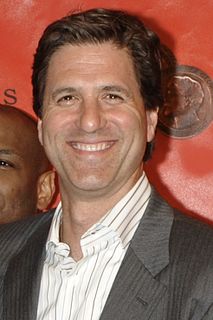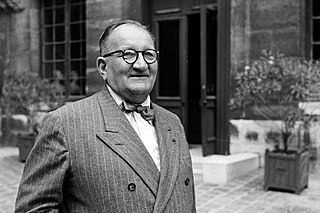A Quote by Markus Zusak
All my friends seem to be smart arses. Don't ask me why. Like many things, it is what it is.
Related Quotes
I don't find the same things funny that many other people seem to find funny. I don't really respond to sex jokes and things like that, and some of my friends look at me and go, "Come on, Nic, that was my best joke. Why aren't you laughing?" I go, "I really don't know why I'm not laughing. I'm sort of out of sync with it." So I'd have to find something that was really about weird human behavior for me to laugh.
I think as you grow up and you see things which are around you and you ask questions and you hear the answers, your situation becomes more and more of a puzzle. Now, why is it like this, why are things like this and since writing is one way in which one can ask this questions and try to find these answers, it seems to me a very natural thing to do, especially as it meant stories which I always found moving, almost unbearably necessary.
Nothing makes me happier than to have a smart person tell me why the show is smart, especially if I didn't intend that. I tend to be a very instinctual writer, and I don't plot shows out like, "This is my thesis and this is how I'm going to subtly sneak my thesis into this episode." I just approach it from, "We know these characters well, here are the situations that they're in, now how would they behave? What would the consequences be?" And it's always fun to see how people interpret that and dissect it afterward, and make me and the other writers seem probably smarter than we really are.
I think that if you want help from somebody, you ask. You ask not expecting anyone to give it to you, unless it is a friend or a loved one with whom you should have those expectations, because friends should help friends. Even so, when I ask friends for blurbs or for endorsements or instructions, I always leave room for the fact that they're probably busy and have a million more things to do in their day than give me Ryan Gosling's phone number. Which I've never asked for, just by way of casual example.
When I decided to write about my brother and friends, I was attempting to answer the question why. Why did they all die like that? Why so many of them? Why so close together? Why were they all so young? Why, especially, in the kinds of places where we are from? Why would they all die back to back to back to back? I feel like I was writing my way towards an answer in the memoir.
Why are there organized beings? Why is there something rather than nothing? Here again, I fully understand a scientist who refuses to ask it. He is welcome to tell me that the question does not make sense. Scientifically speaking, it does not. Metaphysically speaking, however, it does. Science can account for many things in the world; it may some day account for all that which the world of phenomena actually is. But why anything at all is, or exists, science knows not, precisely because it cannot even ask the question.


































